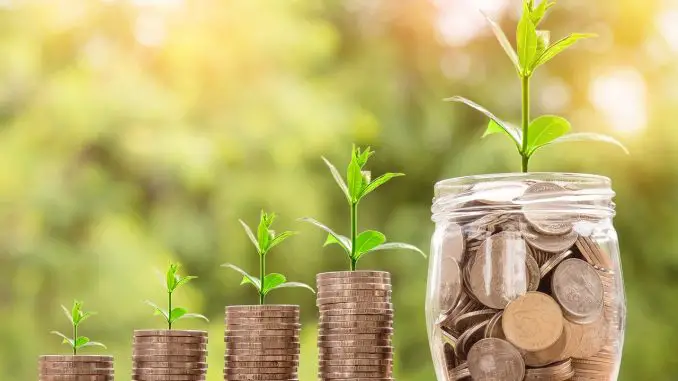
Sustainable development meets today’s needs without compromising the ability of future generations to meet their needs.
A business that contributes to sustainable growth strengthens the long-term development power of the economy, has a declining environmental impact and develops human capital and social capital.
Companies need to constantly innovate to meet social challenges of various kinds. It’s about working smarter and developing new goods, services and business models. Competitive companies are characterized by being innovative, efficient and smart. Thinking new and innovating is crucial for companies to manage overtime, be part of sustainable development and be able to meet tomorrow’s competitive conditions in a global economy.
For the destinations, it is constantly developing their work to create and maintain environments that are attractive to people and the business community.
Sustainable development consists of three interdependent parts:
Economic Sustainability: Defines and explains the value that resources have today and which they could have in the future without causing any negative impact on the environment and people.
Two different definitions are distinguished, in the first one, Economic Sustainability is seen as an economic development where an increase in economic capital must not occur at the expense of a decrease in natural capital or social capital. In the second, Economic sustainability is seen as an economic growth that is sustainable as long as the total amount of capital increases. Increased economic capital can thus be effected at the expense of a reduction in natural resources, ecosystem services or welfare.
Social sustainability: Means that people should have a decent standard and live in a pleasant environment and social systems should have the ability to facilitate people who are in trouble. Human rights and equal value are at the heart of a socially sustainable society.
This means, for example, that a company has social and ethical guidelines when purchasing goods and services, community engagement such as sponsoring local sports associations or social projects or has developed policy for diversity and equality. In the hospitality industry, this can also mean the possibility of full-time employment and full-year employment.
Ecological sustainability means in the long term preserving the production capacity of water, soil and ecosystems and reducing the impact on nature and human health to what they “can”.
For example, if a company is working to reduce its environmental impact, has an environmental policy, works with environmental goals or sells environmentally-friendly goods/services.)
Leave a Reply